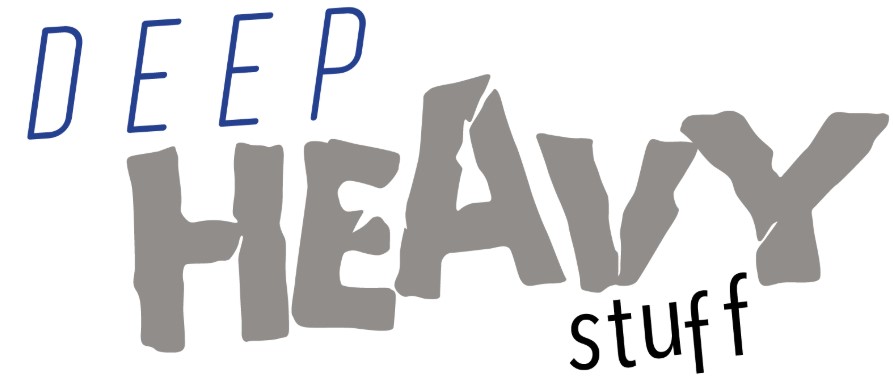Faith is a peculiar thing. Even atheists have faith. Some atheists have more faith than you do. And everyone has doubts, although agnostics may have more than you. But agnostics have faith also. Because:
We are all faithful creatures – everyone has
faith in something.
Either we were created by a supreme being and designed to
have faith in that being, or ……
We evolved with a need to have faith in something, and that
need was so strong that we have created mythical beings whose purpose is to be
a receptacle for the faith we exude. This would indicate that faith serves some
survival benefit which we haven’t been able to determine yet.
Either way, it would suggest that our need to place our
faith in something is extremely compulsive, which means:
We are all faithful creatures – everyone has
faith in something.
We know that faith is the component that connects us, or
disconnects us, to a belief in a deity. Faith, or a variation of the word,
appears 458 times in THE BOOK, and in almost every section of the most recent part.
Faith here, is collectively described as one of the most potent forces in our
lives.
Faith is essential because you cannot prove THE CREATOR
exists. It must be accepted by faith, and the amount of faith you possess is
important. Your belief can be supported by logic, but it still must be based on
faith.
However, you cannot prove THE CREATOR doesn’t exist either.
While this may be based totally on logic, it conveniently ignores the faith
element that exists in every human. There is a great deal of faith needed to
believe in evolution. Therefore, some atheists have more faith than members of
the church choir. It takes just as much faith to believe in evolution as it
does in creation.
But then, no one is absolutely sure about this question,
are they? There is faith and doubt among everyone. If faith is the absence of
doubt, then everyone has some faith, and everyone has some doubt; there is just
a difference where it’s placed. So everyone should continue to seek the truth
and determine where and how much to expound their faith because:
We are all faithful creatures – everyone has
faith in something.
THE BOOK defines faith as: having the confidence that
things you are hoping for will happen and having the conviction that things you
cannot see are in fact, real.
And this definition is not limited to things in the highly spiritual realm but confirms that humans are faithful creatures in need of having faith in something. If you have issues with believing stuff from this source, may I refer you to one George Michael, not a religious chap, who says:
Yes, I gotta have faith
Ooh, I gotta have faith
Yes, he does, because:
We are all faithful creatures – everyone has
faith in something.
It does take more effort, but not more faith, to believe in
a deity. Non-belief, by its nature, is usually more passive. Of course, some
will claim that this extra effort is proof there is no deity, but others will argue
that the absence of effort is the reason for the unbelief.
The critical issue is that our innate drive to be full of
faith causes us to put our faith in many things, such as money, possessions,
people, politicians, jobs, lovers, movements, ideas, sports teams, humankind,
etc. Having faith in something gives us comfort, happiness, contentment,
calmness and helps us sleep at night. I guess this is a possible evolutionary
reason for being faithful, even if it doesn’t explain how it got in us.
Of course, the problem with putting our faith in any of the
things described previously is that ultimately, they all will let us down. They
will fail, sometimes when we need them the most. None of them is truly worthy
of our faith, no matter how strong our faith is in them. The betrayal,
disappointment, sadness, discouragement, and depression we feel afterwards, can
more than offset those psychological benefits of having faith in the first
place.
But on THE BIG QUESTION, it comes down to whether you
believe in creation or science. And I contend, it takes the same amount of
faith to believe in either. So, atheists have a great deal of faith – just is
something different than those considered “faithful” in the traditional sense. If
we all realize we are all faithful beings, we can be less judgmental of each
other and discuss our differences cordially.
You can even narrow the gap if you define it as “those who
believe in science” versus “those who believe in the one who created the
science”. Just don’t try the “but science is perfect” argument here, because it
loses some of its substance in this context. And because no one has the answer,
we should continue to seek out the truth and work out our faith.
The Conclusion:
We are all faithful creatures – everyone has
faith in something.
If we are inherently driven to place our faith in something,
then be extremely careful in what you put your faith into. And regardless of
what turns out to be the truth, it’s still much better to place your faith in
something intrinsically good, than in nothing.







